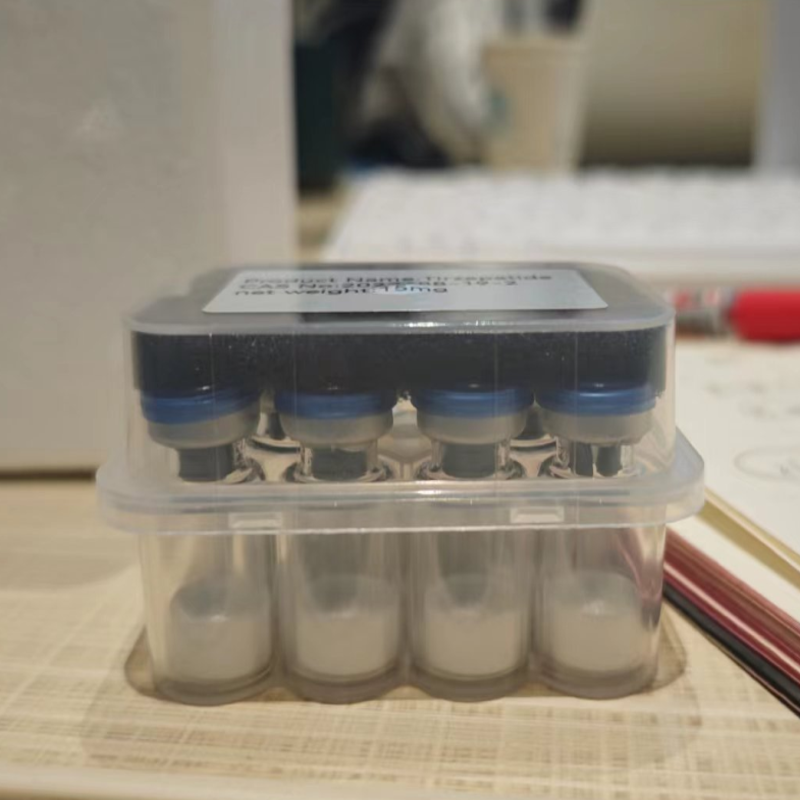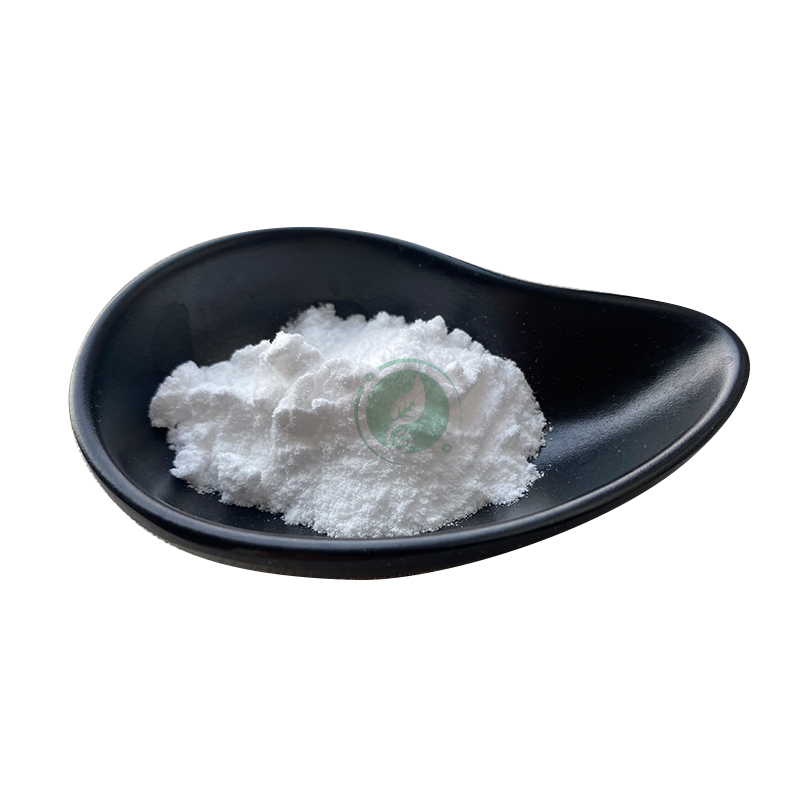EMA accepts Astellas Xtandi for treatment of metastatic hormone-sensitive prostate cancer patients
-
Last Update: 2020-06-08
-
Source: Internet
-
Author: User
Search more information of high quality chemicals, good prices and reliable suppliers, visit
www.echemi.com
recently, Japanese drugmaker Astellas announced that the EuropeanMedicines(http://Authority (EMA) has accepted a Class II change application for the anti-cancer drug Xtandi (enzalutamide, nzaruamine) for the treatment of patients with metastatic hormone-sensitive prostate cancer (mHSPC)
About Xtandi
Xtandi, developed and sold by Astellas and Pfizer, a novel, daily oral androgen receptor signaling inhibitor that inhibits multiple steps in the androgen receptor signaling pathway and is designed to interfere with testosterone's ability to bind to prostate cancer cells, has been shown to reduce the growth of cancer cells and induce tumor cell deathXtandi was first approved for the treatment of metastatic resistance prostate cancer (mCRPC) in 2012In 2018, Xtandi was approved by the United States and Japan for the treatment of non-metastatic resistant prostate cancer (nmCRPC) and high-risk nmCRPC in the European UnionThis Class II change application is based on data from the key Phase III study OF ARCHES and the Phase III study ENZAMETData from the ARCHES study, published in February at the 2019 American Society of Clinical Oncology Genitourology Oncology Symposium (ASCO-GU) in San Francisco, USA, included a total of 1,150 mHSPC patients with data on placebo-and-androgensCompared to deprivation therapy (ADT), Xtandi-ADT significantly reduced the risk of radiology progression in mHSPC patients by 61% (HR-0.39 (95% CI: 0.30-0.50); In thestudy, Xtandi's safety was consistent with previous clinical studies treating desperated prostate cancer (CRPC)Incidence of adverse events (AE) at level 3-4 was 23.6% in the Xtandi-ADT programme group and 24.7% in the placebo-ADT programme groupThere was no unexpected AEENZAMET studied a total of 1125 mHSPC patients, data showthat that the Xtandi-ADT protocol significantly reduced the risk of death in mHSPC patients by 33% compared to a conventional nonsteroidal anti-androgen (NSAA) and ADT regimens (HR-0.67.65% CI: 0.52-0.86) ;p.002The total survival rate (OS) for the Xtandi-ADT scheme group was 80%, compared with 72% for the NSAA-ADT programme group adverse events during follow-up were consistent with the known safety of disease staging, patient age, and trial (http:// scenarios The incidence of epilepsy and fatigue was higher in the Xtandi-ADT programme group and the rate of discontinuation of treatment due to adverse events was higher
This article is an English version of an article which is originally in the Chinese language on echemi.com and is provided for information purposes only.
This website makes no representation or warranty of any kind, either expressed or implied, as to the accuracy, completeness ownership or reliability of
the article or any translations thereof. If you have any concerns or complaints relating to the article, please send an email, providing a detailed
description of the concern or complaint, to
service@echemi.com. A staff member will contact you within 5 working days. Once verified, infringing content
will be removed immediately.







